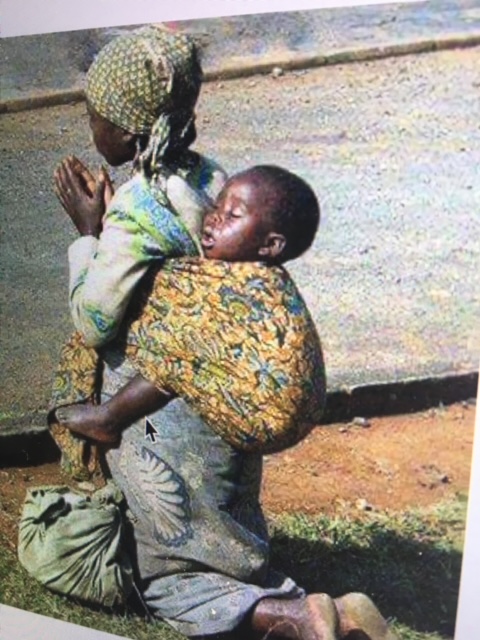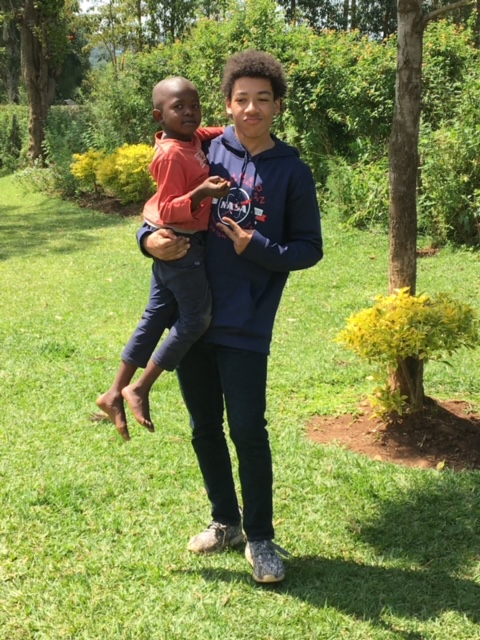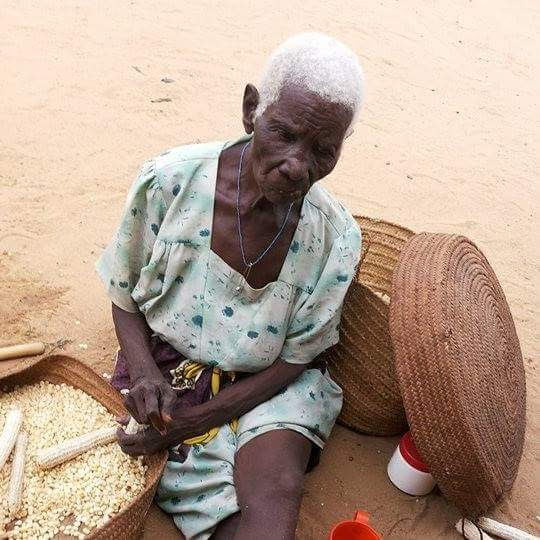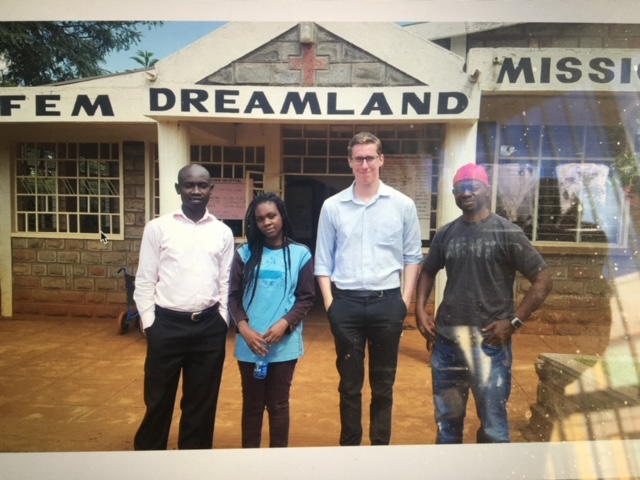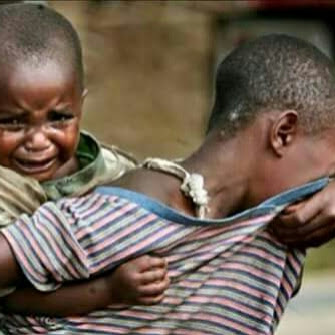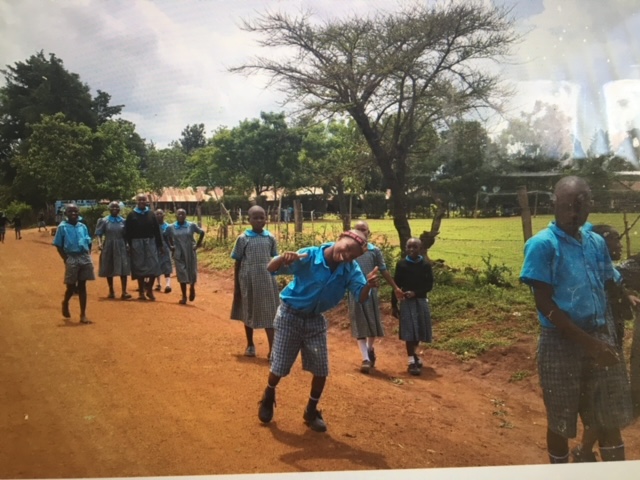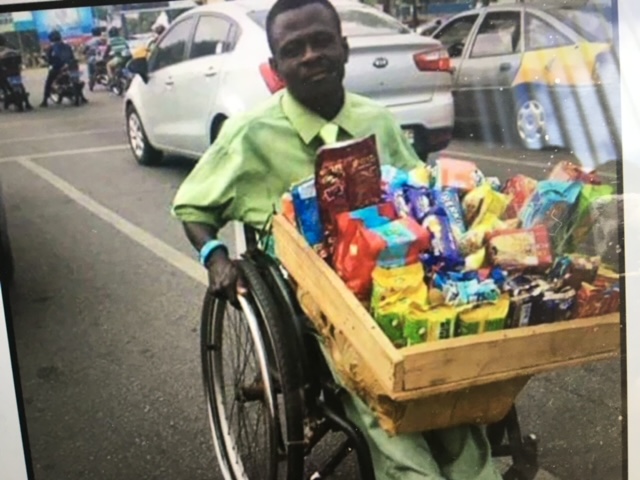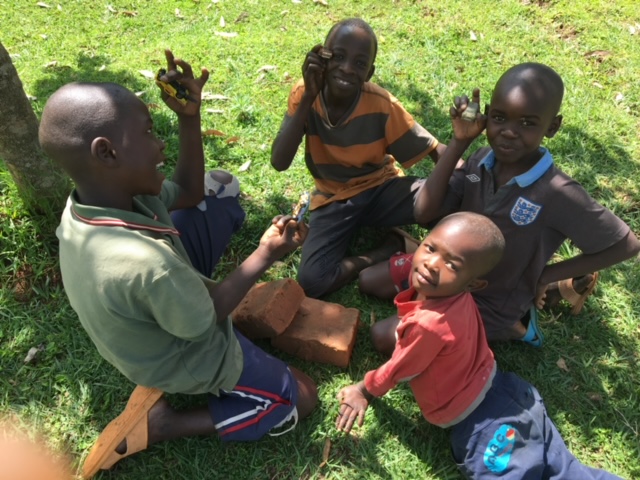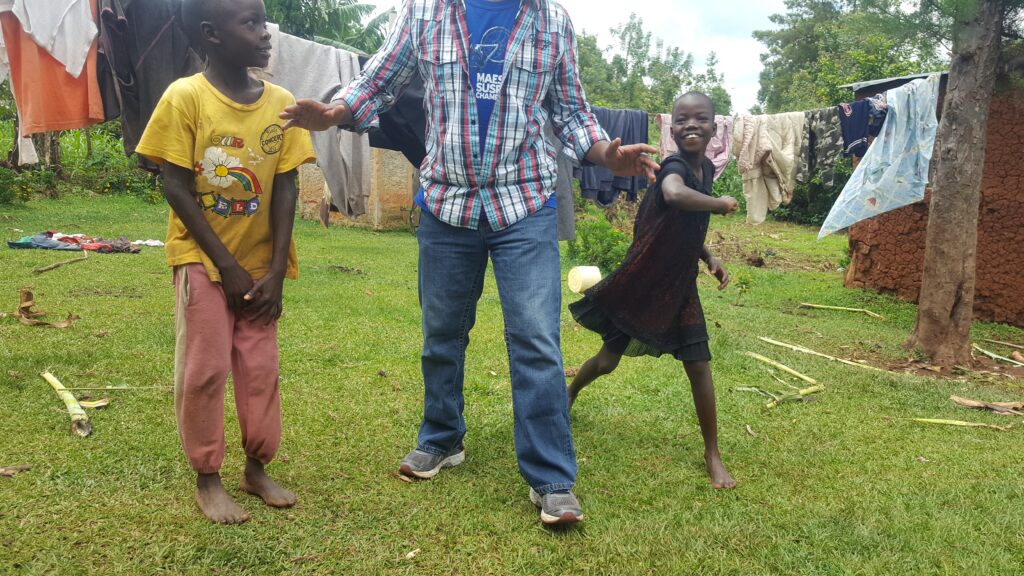What We Are
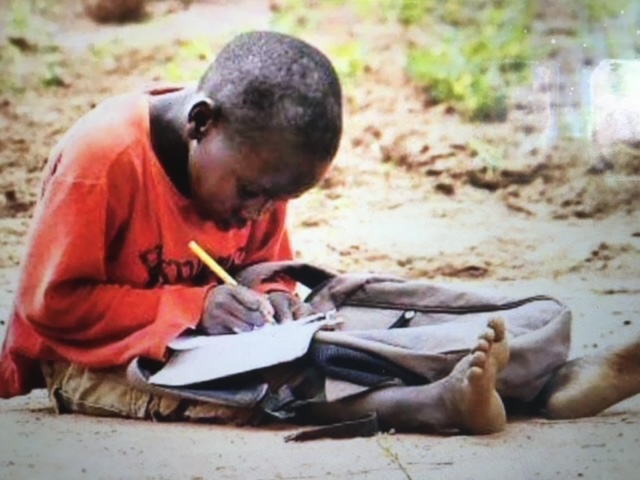
PFT is a compassionate community outreach program, committed to improve the wellbeing of poor and uncared for children in western Kenya communities, a part of the sub-Saharan Africa, where poverty is pervasive.
Sub-Saharan Africa
Unicef, the United Nations agency that looks out for children, opines that “sub-Saharan Africa is the worst place to be born. This region posts the largest share of world’s extremely poor children. Some 87 Million children under the age of 18 years are said to be suffering from 4 or 5 deprivations simultaneously.
Kenya
Kenya ranks at 145th among 187 countries in the United Nations Human Development Index, which measures development in terms of life expectancy, educational attainment standards of living
The same agency opines that one-third of the children population is said to be undernourished and over one-fifth of children are out of school or won’t graduate high school. High numbers of active working children involved with the worst forms of hazardous work in the region at crisis levels than anywhere else in the world.”
Western Kenya
Western Kenya, is a home to an increasing number of children whose wellbeing are being threatened because they are severely underserved of resources necessary for a basic survival, including: Food, water, shelter, clothing and education. Each day they experience lack virtually in every aspect of their lives
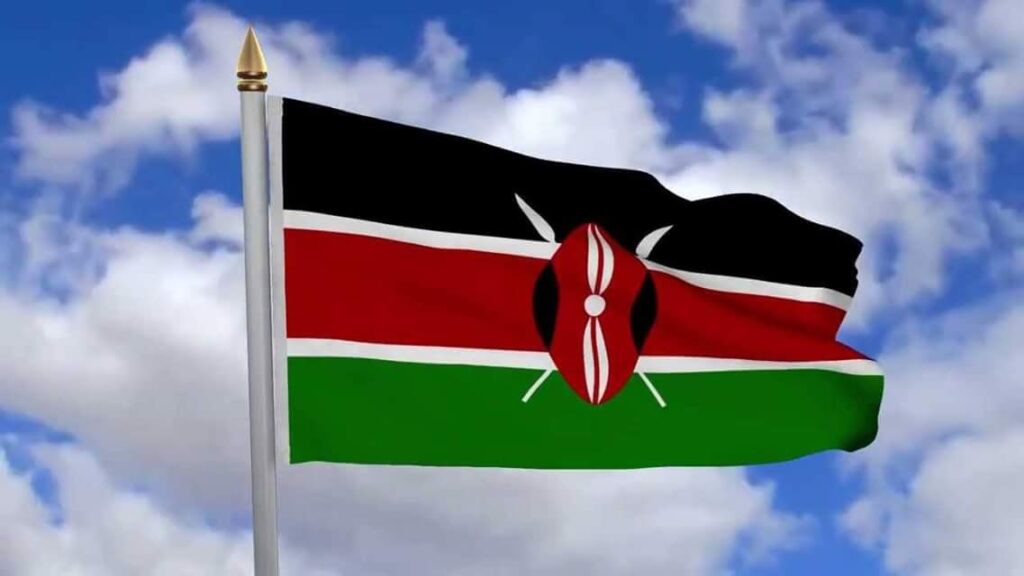
Worse off category
Among this is a worse off category is of the children that have been rendered vulnerable by life events such as orphanhood – HIV/AIDS pandemic related illnesses, frailty, critical illness, abject poverty, neglect and other causes that leave children uncared for – No mothers no fathers; in a region that’s without economic strength or social welfare programs to mitigate their sufferings. They are left with no reason to hope!
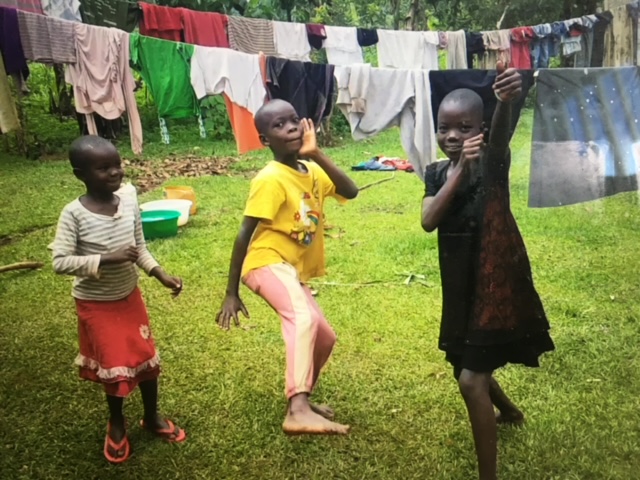
Relatives are burdened
Ordinarily, relatives are often the immediate help but many families are already burdened with poverty. Many households are said to be already caring for at least one orphan/needy child, in addition to their own and are unable to take in more. For this reason, many deserving children are left with no place to go but remain together with an older kid taking over as head of the household, a case of orphans caring for orphans – but in most cases is too young and unprepared for the task as they are faced with immense difficulty in providing for their younger siblings.
They drop out of school and offer themselves to do anything to keep themselves and their dependents alive but despite their efforts, they are too young to carry the burden. Many fall far short. They experience poverty of being hungry and malnutrition; ill health; and excluded from choices and opportunities.
Adversity at home hampers literacy:
Although education is their old hope, school is secondary to a child who has not eaten in a couple of days. Instead of learning and preparing for their future, these children spent their lives struggling to survive. This is an increasing number with many unmet needs and we worry about them.
Poverty:
Poverty affects every aspect of children’s lives, destroys their future and denies them a fair chance to reach their full potential.
Mitigate the Crisis:
PFT holds to a believe that stability at home translates to better outcomes: for children. To mitigate the crisis PFT seeks to address the needs at home, where a child receives care from: by ensuring that households with vulnerable children have food to eat, the know how to get more, and will access quality life tomorrow by getting opportunities for education today, and jobs when the time comes, as a way to break the cycle of poverty.
Achieve household self-sufficiency:
Support children’s carers (most whom are older orphan children in parental roles) with necessary support they need so that they succeed as bread winners, by growing food and/or getting a livelihood skill so that in turn they protect their dependents from impacts of poverty and together survive and develop in the face of adversity.
Food production:
By accelerating food production and an income in a family in response to hunger, economic turmoil, children will find their footing, scale back from work intensive lives to programs of learning.
Helping children to attend school especially girls, has a proven
record for breaking the poverty cycle and interrupting the spread of HIV. The longer a girl attends school the more knowledgeable she becomes. Knowledge is power and it’s that personal power that enables young people to better manage the circumstances around them and to better judge the actions of others.
Vision to foster a society where every child live out a life of hope and possibilities being nourished, cared for and provided.
If nothing is done today to contain the crisis, today’s poor child is tomorrow’s adult who will bring forth another poor child and perpetuate a cycle of poverty.
